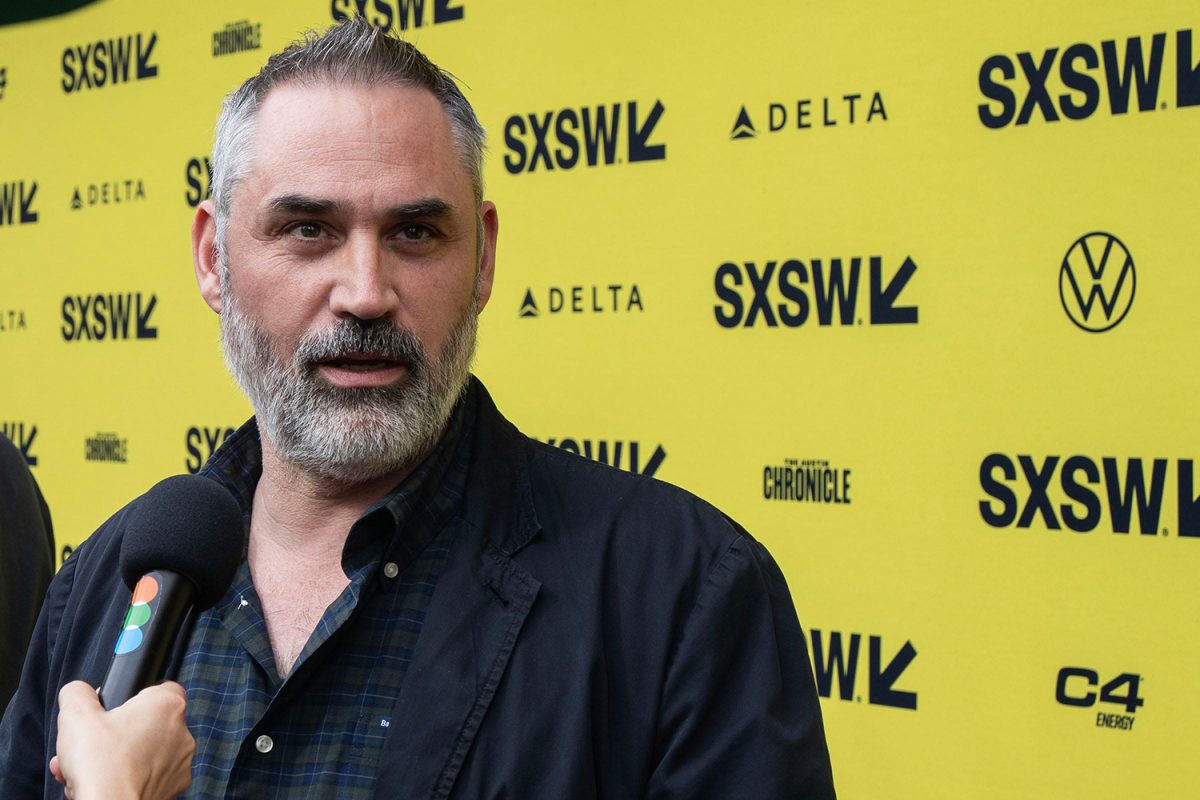“Civil War,” the latest and ostensibly final film from director Alex Garland, has a lot on its mind.
From the first scene in which the unnamed U.S. president, played by Nick Offerman, addresses a divided nation, it’s clear that this film was intended to comment on modern times. What’s less clear, however, is what it intended to say about modern times.
The film imagines a potential near future in which the U.S. is once again at civil war and follows a group of photojournalists navigating treacherous territory for a sit-down with the president. Predictably, things go wrong on their journey.
The sheer visceral impact of select sequences is undeniable, but the film never amounts to a cohesive whole. Only in the final scene did I begin to understand what it was trying to say, but the two-hour wait to get to that point was agonizing.
The film spends most of its runtime as a trite road trip movie that hits predictable story beats audiences have seen a million times before. Despite the sinister, looming nature of the world it creates, it never explores this world very thoroughly, and I constantly found myself more interested in what was happening in the rest of the country than I was in the plight of these journalists.
I’ve seen two of Garland’s films now, and I consider him one of the least subtle screenwriters I’ve ever encountered. It’s hard to take a film seriously with characters who unironically spout phrases like “I’m speaking the truth.”
I found the pacing lousy; the first two acts seem to be same sequence repeated over and over again with slight variations. By the time the much more exciting third act arrived I was almost too tapped-out to care.
Certain music choices were strange to me. Several needle drops set somewhat upbeat songs over visually grim sequences. I was constantly confused as to what the tone was supposed to be.
If there’s one thing Garland undeniably excels at, he can compose cool shots. But as anyone who’s ever been in the dating world can tell you, looks aren’t everything. Visual flair certainly isn’t enough to sustain this film on its own.
Every character felt one-note and shallow, making it hard for me to get invested in their story. In addition, many of them made rash decisions that I don’t think real people would have made, which detracted from the realist tone I think the film was going for.
Others seem to have hailed “Civil War” as a film the nation needs to see right now. I certainly don’t want to demean those it resonated with, but I found it too shallow and messy to work as a piece of effective commentary.



